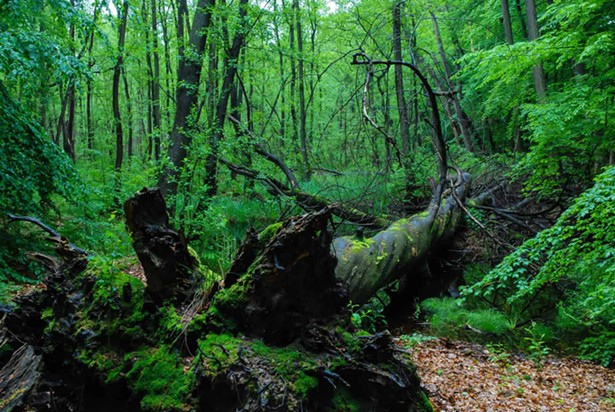Science has no good definition of life, no conception of life, and is frankly antagonistic to anyone who thinks “What is life?” should be the first and most important question. Science believes in substance, in matter, in the material world, even though we have no real clue how matter forms itself into either a carrot or a human being or an elephant or a cancer cell. Try as we might, we have not made progress in our understanding of how consciousness arises out of a collection of atoms.
—Thomas Cowan, MD, Cancer and the New Biology of Water, Chelsea Green, 2019
What is life?
A question impossible to fathom with any conceptual framework. It is as though the substance of life is a material more rarefied and dynamic than the ideistic appurtenances of the intellect. The question slides through the mind like water in a sieve.
Meanwhile, by all accounts we are really identified with life. All beings cling to it with fierce tenacity. For the most part, we want it to go on as long as possible, regardless of the quality of the experience.
We call our subjective experience of life “my life” and associate with it a particular narrative, a story line, a set of experiences and relationships. Life then becomes private property, in the ownership of someone referred to as “I” or “me,” and the experiences arising from it are “mine.”
What life is remains a mystery, not only to the myopic machinations of modern science, but even to ourselves. We can experience something like vitality in the body, but real contact is limited by the degree of identification with the contents of the experience. We notice degrees of life in other people and other beings, registering that a living body is healthy or ill, but we tend to associate vitality with the identity of the particular body. Nevertheless, we can usually perceive when a body is dead.
Meanwhile, life is clearly something transpersonal. It is an energy or substance that is a medium of intelligence and pattern, and of creativity, giving rise to myriad forms and qualities. The bodies of human beings, sheep, lizards, trees, moss, and even stone are made from the same components, while each has a very different manifestation in form. Each being emanates a unique and whole quality on the spectrum of emanations.
It may be that the prevalent view on life is upside down. We believe that we have life, and that is somehow “my life.” Is it possible that in fact the reverse is true? That life has us? The suggestion is that all the instruments of one’s functioning—the body, intellect, emotions, and experiential forms arising therein—are instruments for life. The implications of such a shift in worldview are huge.
If human beings, and my own being in particular are, in fact, an instrument for a transpersonal intelligence and energy called “life,” then what are human beings for, and what is my life for, in particular?
What is the life of the biosphere? What is the life of all we know—the large and small species of humans, animals, plants—living within and relying upon an invisible biomic and viomic ecosystem of microscopic beings and exosomic output?
If life gives rise to and makes use of bodies, rather than the opposite, we have the implication that just as in observable nature every form of life has a purpose within a larger ecosystem or body. What is the purpose of these bodies and instruments within the universal context? What is the function of life on Earth within the ecosystem of the solar system, the galaxy, beyond?
What is life? If one feels the importance of the question, I think there is a role for the intellect in the endeavor to illuminate insight. Again, this is the reverse of the habitual functioning of the mind, which is to collect and organize data to grasp on to some comfortably known answer. Rather it is to use the mind to put the question in front of myself, to hold the question without grasping at any answers.
What is life?
The question, I think, is the key to the lock on the door behind which lies the solutions to the problems facing humanity. Can we hold this question, and continue even as apparent answers arise?










